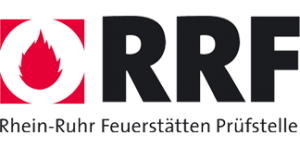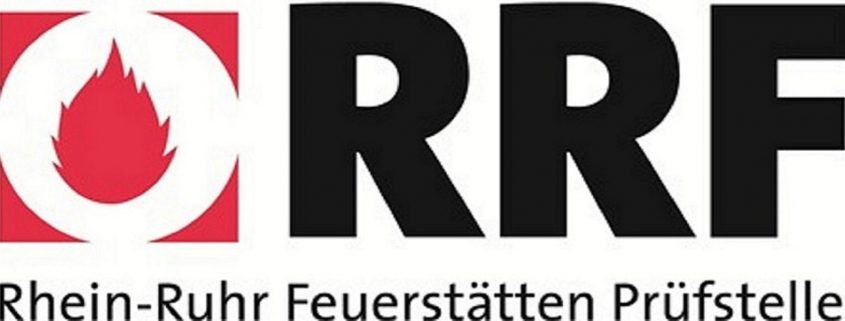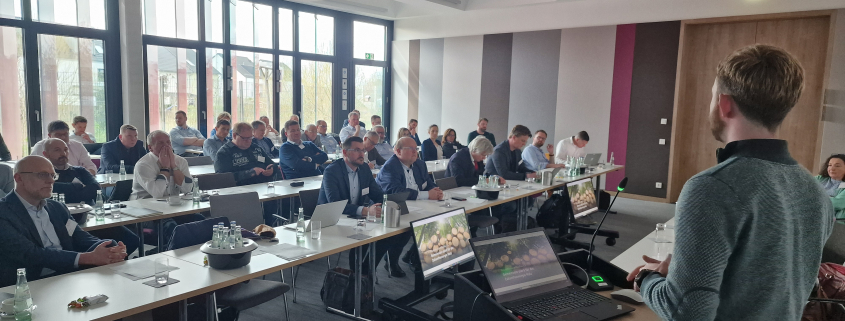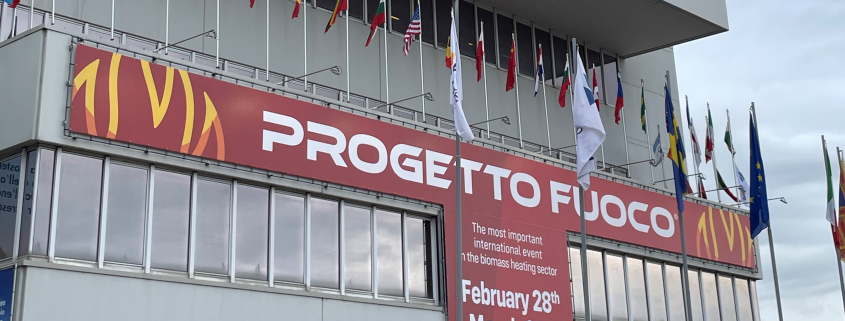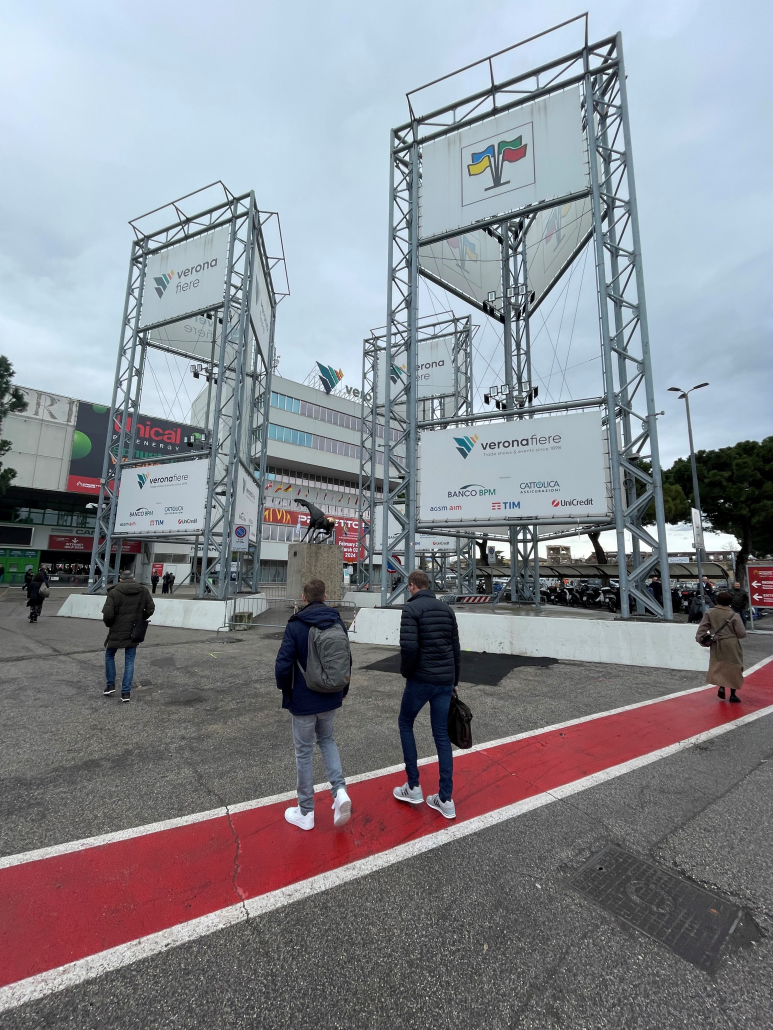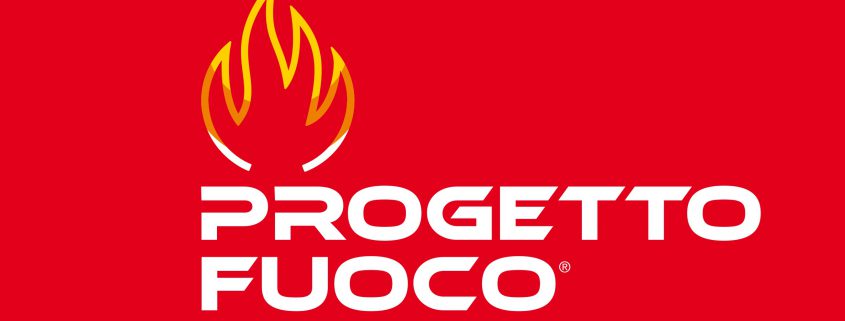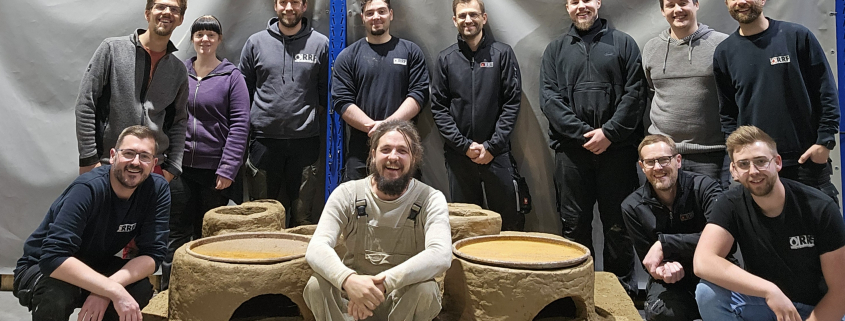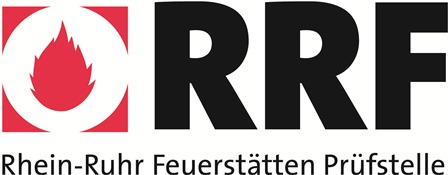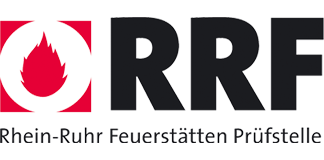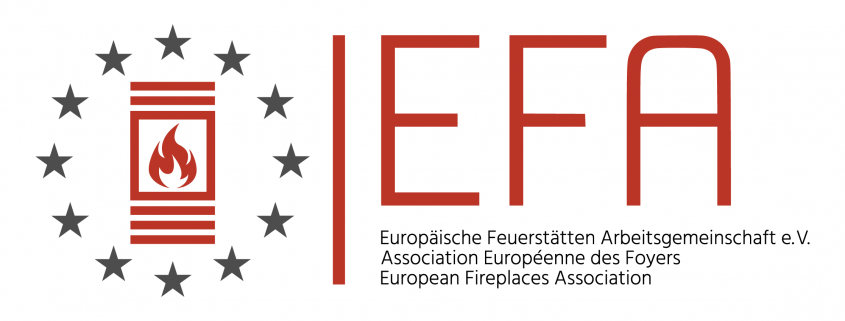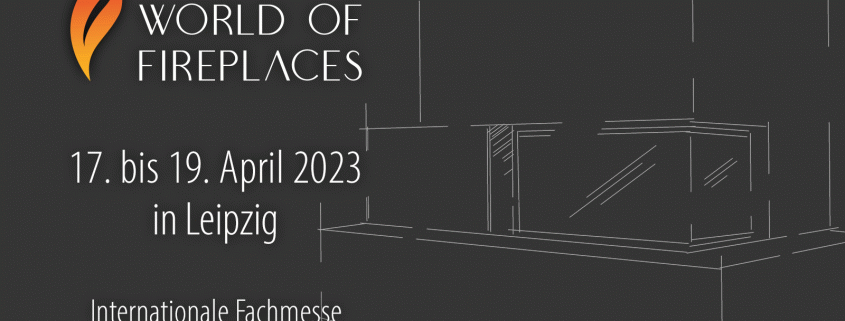Vom 17. bis 18. November 2022 lud die Europäische Feuerstätten Arbeitsgemeinschaft (EFA) und das Deutsche Biomasseforschungszentrum (DBFZ) zum gemeinsamen Zukunftsworkshop in Leipzig ein, um die zwei zentralen Herausforderungen der Branche, Energieeffizienz und Emissionsminderung, anzugehen. Vertreten wurde die RRF durch Christian Droll als Mitglied des EFA-Vorstands. Weiter nahmen nicht nur Mitglieder der EFA, sondern auch Vertreter der Forschung verschiedener Hochschulen und Einrichtungen, Prüfinstitute, Schornsteinfeger, Handwerksunternehmen, Verbände und das Umweltbundesamt teil. Das Ziel war es gemeinsam eine konkrete Strategie zu entwickeln, die die Ofenbranche mit den Produkten aus Industrie und Handwerk als festen Bestandteil in der Energiewende verankert.
Vorbereitet wurden die Teilnehmer in zwei fachlich ausgezeichneten wissenschaftlichen Keynotes. Vinzent Egenolf von der Universität Kassel begann mit einer Informierung über die Holznutzung und ihre Pfade sowohl national als auch global. Die wichtigste Erkenntnis aus seinem Beitrag ist, dass Deutschland noch sehr weit von einer Holzknappheit entfernt ist, aber in Zukunft trotzdem ein rationaler und deutlich reduzierter Einsatz von Holz dringend notwendig sein wird. Ebenfalls sind Wälder nicht automatisch CO2-Senken. Je nach äußerlichen Bedingungen und Lage können sowohl nicht-bewirtschaftete als auch bewirtschaftete Wälder zu unerwünschten CO2-Quellen werden. Als Beispiel sind äquatornahe Wälder eher dazu in der Lage CO2 bei hohen Temperaturen zu absorbieren, während Wälder in höheren Breiten eher CO2 abgeben bei erhöhter Temperatur. Demnach ist eine nachhaltige und kontrollierte wirtschaftliche Holznutzung für stoffliche und energetische Zwecke aus ökologischer Sicht notwendig.
Prof. Dr. Heinz Kohler von der Hochschule Karlsruhe informierte in seinem Vortrag über die Notwendigkeit der Emissionssenkung, als auch über die große Wirksamkeit von sensorgestützten Verbrennungsluftregelungen. Umfangreiche Untersuchungen im Labor und Feld zeigten, dass bereits vorhandene und markreife Technologien in der Lage sind, Luftschadstoffe, wie Staub wesentlich zu senken. Herausfordernd wird es sein, eine wirksame Kombination und Preisgestaltung zu schaffen. Einig war man sich, dass eine größere Marktdurchdringung gleichzeitig eine massive Senkung des Einkaufspreises der Komponenten bedeuten wird.
In fünf Gruppen wurde unter Moderation von Prof. Dr. Hartmann, DBFZ, und Dr. Johannes R. Gerstner, EFA sowie Christian Droll als Gruppenleiter, nach der Controlling-Methode des „Strategy House“ das Thema Ofenzukunft weitergedacht. Mit dem Wissen und Resultate der drei vergangenen Zukunftsworkshops wurden nun konkrete Handlungsfelder zu denen „Energieeffizienz“, „Emissionsreduktion“, „Ofenmehrwerte“ und „Innovation“ gehören, identifiziert. Die dazu notwendigen Verantwortlichen wurden ausgemacht. Neben Industrie und Handwerk soll nun in Zukunft auch Verwaltung, Landes- und Bundesministerien sowie Verbände in die Pflicht genommen werden.
Dr. Johannes Gerstner wies darauf hin, dass erst ein deutliches Signal der Politik dazu führen wird, dass Unternehmen investieren können. Die Rechtssicherheit mache die Sache erst Interessant für Unternehmen sich finanziell auf neue Produkte einzulassen. Dazu forderte er das Umweltbundesamt dazu auf, sich klar zu Holz als fester Bestandteil der Energiewende zu bekennen und ihnen dabei keine Steine in den Weg zu legen. So könne in einem konstruktiven Miteinander die notwendigen Rahmenbedingungen für eine ökologische Zukunft geschaffen werden, die es braucht, damit die Industrie ihren gewillten Beitrag dazu leisten kann. Herr Professor Dr. Hartmann bekräftigte noch einmal gegenüber allen Workshop-Teilnehmern, dass die Technologien, um die Ziele zu erreichen, schon bereits vorhanden sind und es jetzt an der Zeit ist, diese auch zu nutzen. Unterstützung, um diese Ziele zu erreichen haben alle bereits anwesenden Branchenvertreter versichert. Die Ergebnisse des Workshops werden nun sorgfältig ausgearbeitet und dokumentiert.
Die nächste EFA-Sitzung findet vom 27. bis 28. April 2023 in Würzburg statt und wird über den aktuellen Stand berichten.

